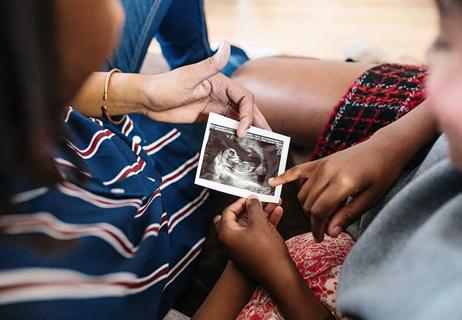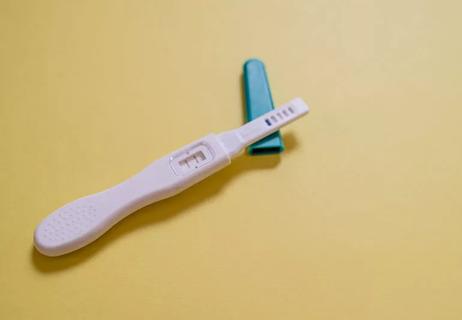If you change your mind, you have options

Having children is a major decision in life. So too is a tubal ligation — or “having your tubes tied” — to prevent yourself from having children.
Advertisement
Cleveland Clinic is a non-profit academic medical center. Advertising on our site helps support our mission. We do not endorse non-Cleveland Clinic products or services. Policy
But what happens if you change your mind after this surgery? In most cases, reversing the tubal ligation is an option, says reproductive surgeon and fertility expert Jeffrey M. Goldberg, MD.
If you had a tubal ligation but now have decided you want to have more children, you are far from alone.
“Anywhere from 5% to 20% of people have expressed regrets about having a tubal ligation,” Dr. Goldberg says. “In many cases, that’s because of a change in circumstances, such as wanting to have children with a new partner.”
If you do change your mind, a reproductive surgeon likely can help. Tubal ligations can almost always be successfully reversed. That’s true even years after getting it done.
There are several techniques for performing tubal reversal. Dr. Goldberg prefers a minilaparotomy — a minimally invasive outpatient procedure.
Minilaparotomy only requires a 2-inch incision and it’s as successful as more invasive techniques. Plus, the recovery’s quicker and it’s less expensive. Risks are minimal, including a slightly higher risk of a tubal pregnancy, where the fertilized egg attaches in the fallopian tube instead of the uterus.
A tubal reversal restores your natural fertility level. That makes it an attractive option.
Advertisement
Often patients are choosing between a tubal reversal and in-vitro fertilization (IVF). Dr. Goldberg notes that while both procedures have high success rates, IVF requires up to two to four weeks of daily injections, frequent visits for monitoring with blood work and ultrasounds then nonsurgical removal, fertilization and placement of the eggs in the uterus.
IVF also comes with a risk of multiple pregnancies (twins or triplets, for example), and it can be done only a limited number of times. On the other hand, after a successful tubal reversal, you and your partner can try to conceive every month on your own. The cost of the procedure is typically lower, especially if IVF doesn’t work on the first attempt.
“Before you have a tubal reversal, we always recommend that your partner has a semen analysis to get their fertility checked,” Dr. Goldberg notes.
If those results are poor, the chances of natural conception are low. IVF may be the better option in that case.
In the end, the decision comes down to how your tubes were tied, whether there are other infertility factors and your personal preference. A fertility expert can walk you through your options because each comes with advantages and disadvantages.
Advertisement
Learn more about our editorial process.
Advertisement

It’s great for stress relief, which can go a long way when you’re trying to conceive

Specific foods won’t really affect fertility, but a healthy weight and nutritious diet are helpful

This simple, permanent procedure may be the way to go

This safe, low-risk procedure can restore your fertility in as little as three weeks

Getting vaccinated won’t impact your fertility, but getting the virus could

The short answer from an infertility specialist

These over-the-counter kits can help you identify when you’re most fertile.

Type 2 diabetes isn’t inevitable with these dietary changes

Applying a hot or cold compress can help with pain